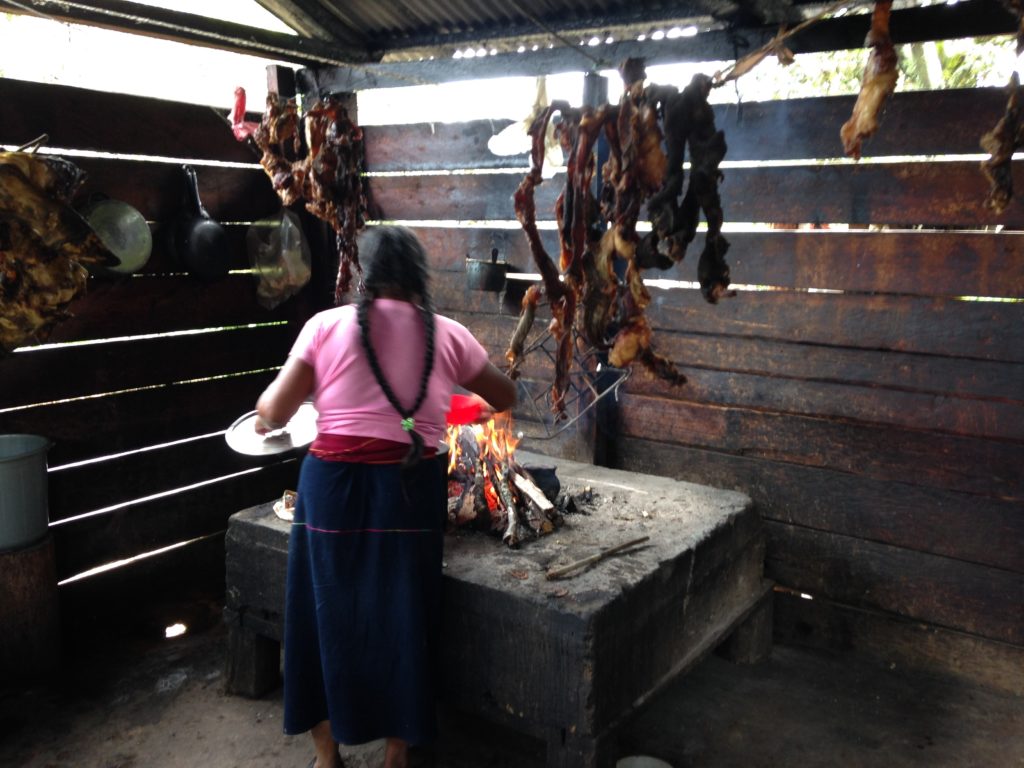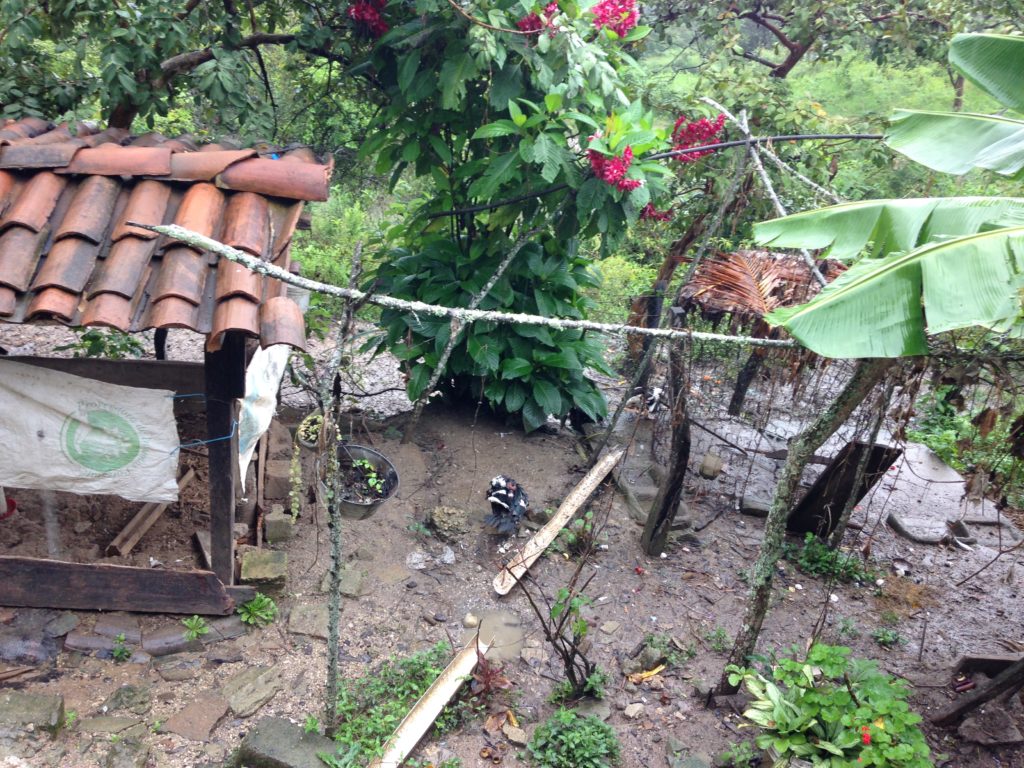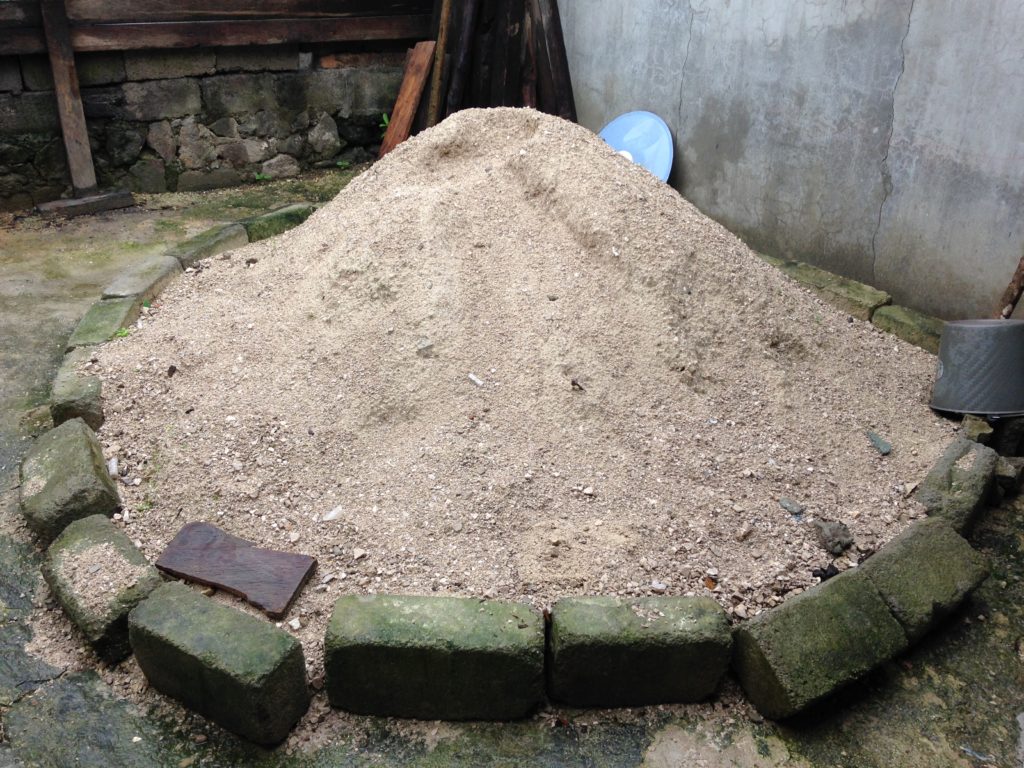Interview with Silvia Luz Gonzalez Marquez, JICUF Student Travel Fund Recipient

ICU graduate student Silvia Luz Gonzalez Marquez received a JICUF Student Travel Fund grant for her research project, “Human Security for All: Persecuted Indigenous Christians in Mexico.” This August, she travelled to Chiapas and Mexico City to conduct fieldwork for her master’s thesis. Originally from Mexico, Luz is currently majoring in Peace and Conflict Studies, and she plans to stay at ICU for her PhD. We asked Luz a few questions about her research trip.
JICUF: Could you tell us about your project?
Luz: My project aims to understand the complexities of the problem of religious intolerance and find strategies to restore peace to the communities experiencing it in Chiapas, Mexico.
Since the beginning of its history as a nation, Mexico has experienced the imposition a religious monopoly: Catholicism. With the passage of time, it has synthesized with the culture and beliefs of the original indigenous populations. In spite of the gradual secularization of the state, decisions taken at the governmental level still reflect a favoritism towards the Catholic majority. In indigenous communities in Mexico, Catholic customs and norms are considered an important part of their identity. The relevance is such that when indigenous people convert to Protestantism, they are often discriminated against and harassed by their Catholic neighbors.
In 2013, the Pew Research Center presented a global study about hostilities caused by religious motivations. It showed that Mexico is the only country on the American continent where the hostilities caused by religion increased in intensity from moderate to high. The problem of religious intolerance is especially prevalent in indigenous communities and has caused mortal tragedies due to the cultural and political complexities of these regions. No other region in Mexico has experienced as much religious intolerance as the state of Chiapas. Where religious conflicts have produced 45,000 internally displaced people (IDPs) there since the 1970’s.

I planned a research trip to Chiapas to collect data and analyze the perspectives of various agents about religious intolerance, especially of the victims: indigenous Protestants.
JICUF: What were some of the challenges you faced while conducting your research?
Luz: During my research trip, it was challenging to maintain a neutral analysis of the problem and remain relatively calm despite the content of the narratives to which I listened. It was a challenge also to accept and confess that despite my interest to help them, at this point of my life I was unable to do anything beyond what my words in the thesis will express. Yet, they still welcomed me warmly, and generously shared their time with me.
JICUF: What did you learn from your research trip? Is there anything that surprised or made an impression on you?
Luz: For me, this experience brought with it a special connection with all kinds of people in various positions. Yet, among all of them, the most treasured relationships were those made with the direct victims of religious intolerance. People of the most humble conditions who opened their hearts and allowed me to sit with them in the intimacy of their home. They offered me the very best they had, even if it was the only thing they had left. There were long unstructured interviews that felt more like a conversation between friends, where having a limited time was the only thing against us.
JICUF: How did the support from JICUF help you?
Luz: The JICUF funds allowed me to do research with freedom and neutrality. It allowed me to go and collect data in the way I had planned to. Thus, I could approach people with impartiality and the confidence that my stance on their delicate situation was not being influenced by my sponsors.

JICUF: Did this trip help you gain a new perspective on your research topic?
Luz: As a researcher, and as a Master’s student who advocates for religious freedom, this trip helped me to see the profound complexities involving religious issues: the matters of faith, the logic behind decisions taken at the governmental level, the positive impact of forgiveness, and the fight for power and legitimacy. It made me think more about the human condition and my own. It also prompted me to examine my heart and take responsibility for the choice of words I use in my work.
The findings from this trip will be used to develop research to help empower the victims of religious intolerance in Mexico and contribute to the work being done by religious freedom advocates. The thesis will also include recommendations for the government on how to take actions that protect religious freedom and find strategies that are not detrimental to the already fragile living conditions of indigenous people.
JICUF: Thank you so much for your time, Luz. Good luck with your Master’s thesis!



